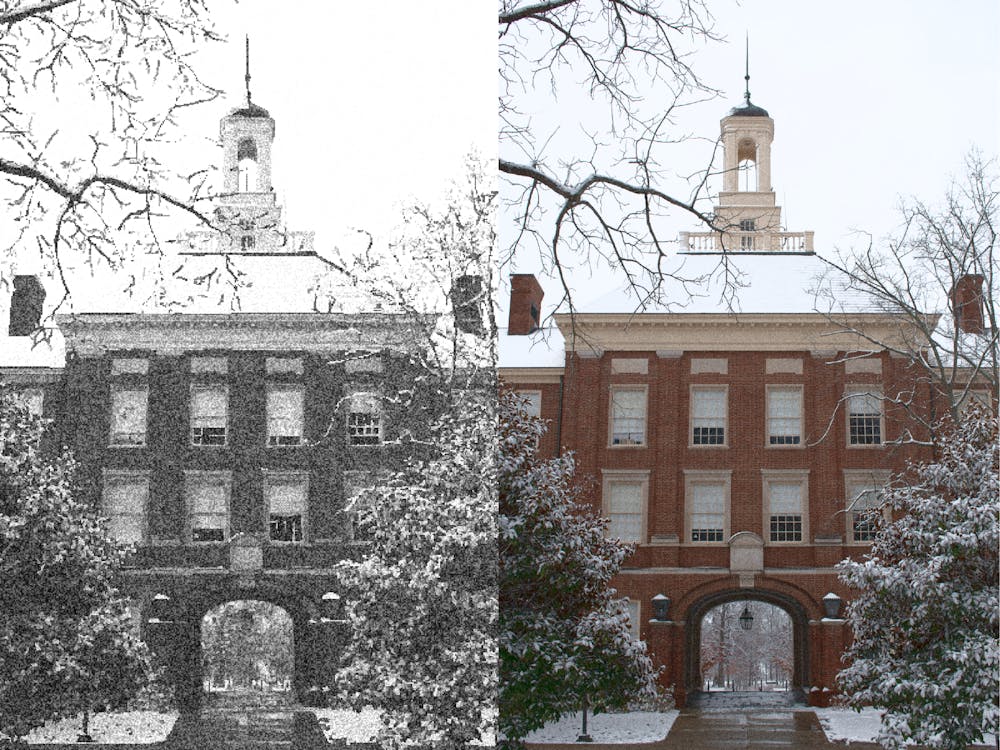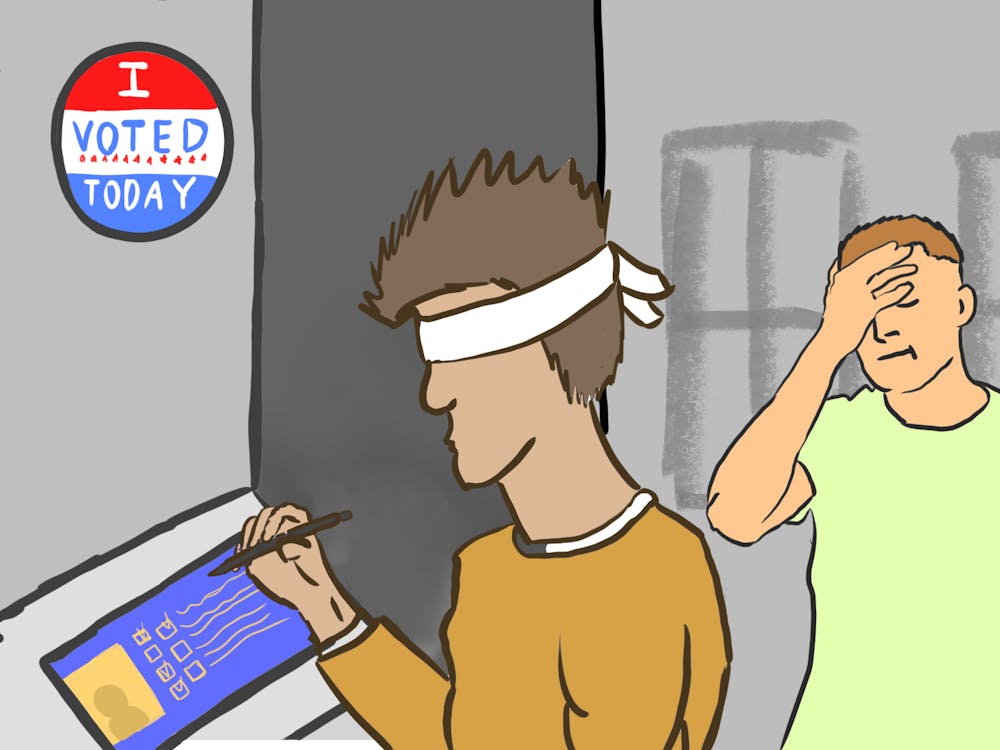The first weekend I was on campus this year I got a call from a friend saying that she wanted company because she had been drinking and her roommate had not moved in yet. I ran to her dorm, and when I saw how intoxicated she was, I panicked and ended up calling the Miami Police under the assumption that it would be considered a Good Samaritan call.
Weeks later, she got an email saying she had an alcohol violation. Confused, she called the Office of Ethics and Student Conflict Resolution (OESCR) and she was told that because she refused medical attention it did not count as a Good Samaritan call.
I was upset because apparently I never had an accurate understanding of the Good Samaritan policy. I did not realize that refusing medical attention would void the Good Samaritan call; that was never explained to me. Not in the mandatory AlcoholEdu I had to take before freshman year, not in any of my classes when it was brought up by my peers or professors, and not by the officers that I spoke to on the night of her infraction.
In fact, not only did the officers fail to mention that refusing medical treatment would result in the invalidation of the Good Samaritan call, but we were told that because she only blew a .16 when she was breathalyzed she did not need medical attention. She was offered the treatment and told that denying it would in no way change the outcome of the night. So instead of just failing to mention that important fact, we were told the wrong information.
Last year, I was being stupid and I decided to drink in my dorm. On a trip to the bathroom I ran into my RA, and without saying anything to me, they decided to write me up. Three weeks later, an email came through that said I had an alcohol violation.
An alcohol violation comes with hundreds of dollars in fines and probation for the rest of your Miami career (there is a chance that if your second violation is two full years after the first, they will consider it a first offense - but it is not guaranteed). The easiest fine to deal with is the $50 fine that comes with breaking the underaged drinking law. Next is the cost of the four hour alcohol and substance abuse class, which cost $200. Lastly is the $250 fine for the student assessment. This adds up to a full $500.
Besides the financial burden there is the crushing fear that if somehow you get another infringement, you will be suspended for the next full semester. However, the suspension could be longer. You could be suspended for the rest of the current semester (without a tuition refund, obviously) and the upcoming winter and/or summer terms.
Are these punishments too harsh? It is fair that a student has to pay $200 for a class that is not going to make much of a difference? When I went, my facilitator told my class that he did not want to be there. We flew through the information and were let out two hours early. This means that I spent $100 per hour for a class that was just a repeat of the same information that has been thrown at me for as long as I can remember. Teach me something new - teach me what really happens when I mix alcohol with my anti-depressants, tell me how to buy a breathalyzer for myself so that I can make sure my BAC doesn't get too high. Teach me the things that I have to research on my own.
Moreso, the $250 student assessment fee is outrageous at best. The student assessment is just 10 statements that you agree, strongly agree, disagree or strongly disagree with. Each answer is assigned a number and when the questions are finished, your answers are added up. If you score above a certain number, alcohol counseling is required. The entire process takes about 15 minutes. There is no reason for me to pay such an absurd amount for 15 minutes of casual questions that will end up telling me something I already know.
Miami needs to explain their Good Samaritan policy better, but more importantly, Miami needs to evaluate the consequences, especially finically, of alcohol offenses.



